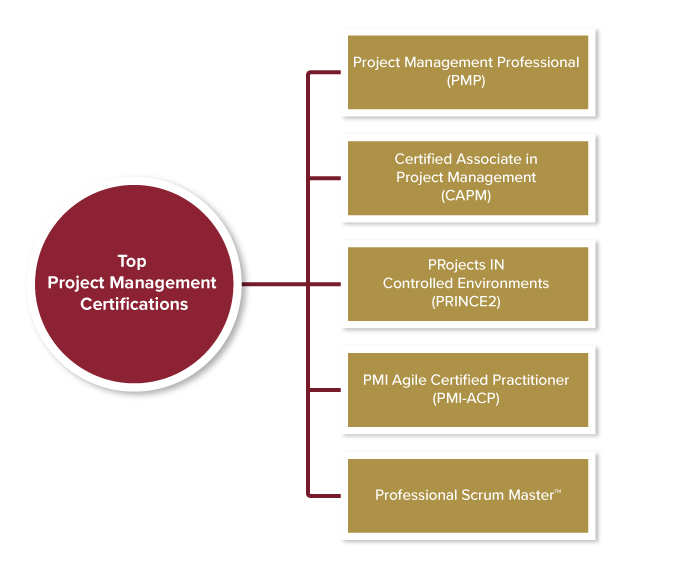Do you possess a stack of interrelated skills related to planning, organization, leadership, and communication? If you’re unsure of how to transform these skills into a career, you may want to consider becoming a project manager.
Project managers ensure that their companies make better products on time and on budget while leading productive employees, helping companies satisfy customers, and driving organizational growth. Project management skills are in demand across a variety of fields, including software development, information technology, healthcare, engineering, and marketing.
Ready to learn how to get into project management? In this article, we’ll cover the role of project managers, the education and skills required for the career, and the benefits of becoming a project manager.

 Live Chat
Live Chat

